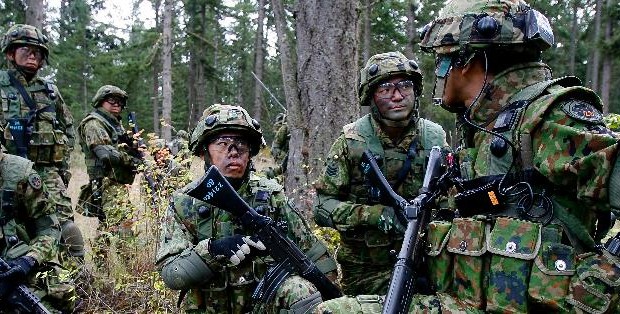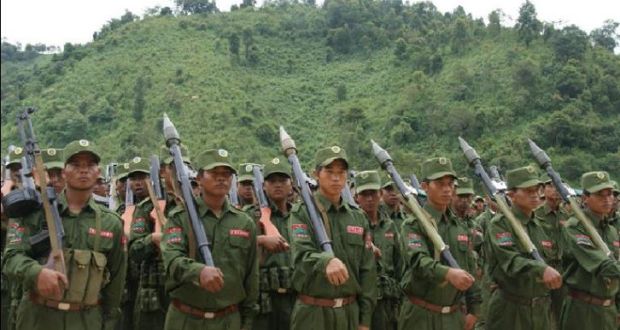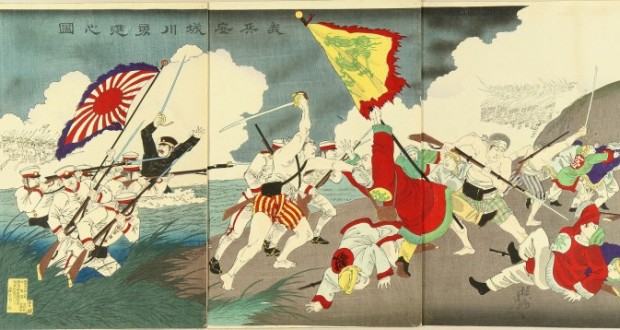It is disturbing to hear of news that the United Wa State Army, an ethnic militia and former separatist group operating in Myanmar, may have acquired some fairly sophisticated ballistic missile technology, like those used to shoot down flight MH-17. According to Burmese intelligence officials late last year, there was evidence of the UWSA constructing a “radar and missile base” in the region around Tanyang, in the Shan state, supported by a Chinese company. It is not clear what kind of missiles the base is meant to be housing, though they have been described as “long-distance”, a conclusion which is supported by the kind of infrastructure being constructed.
Read More »
 Human Security Centre Human Rights and International Security Research
Human Security Centre Human Rights and International Security Research






